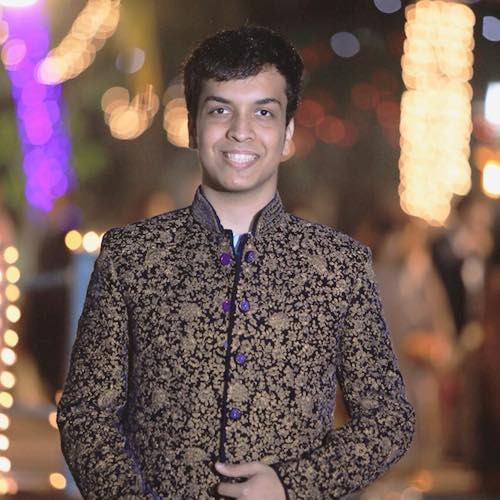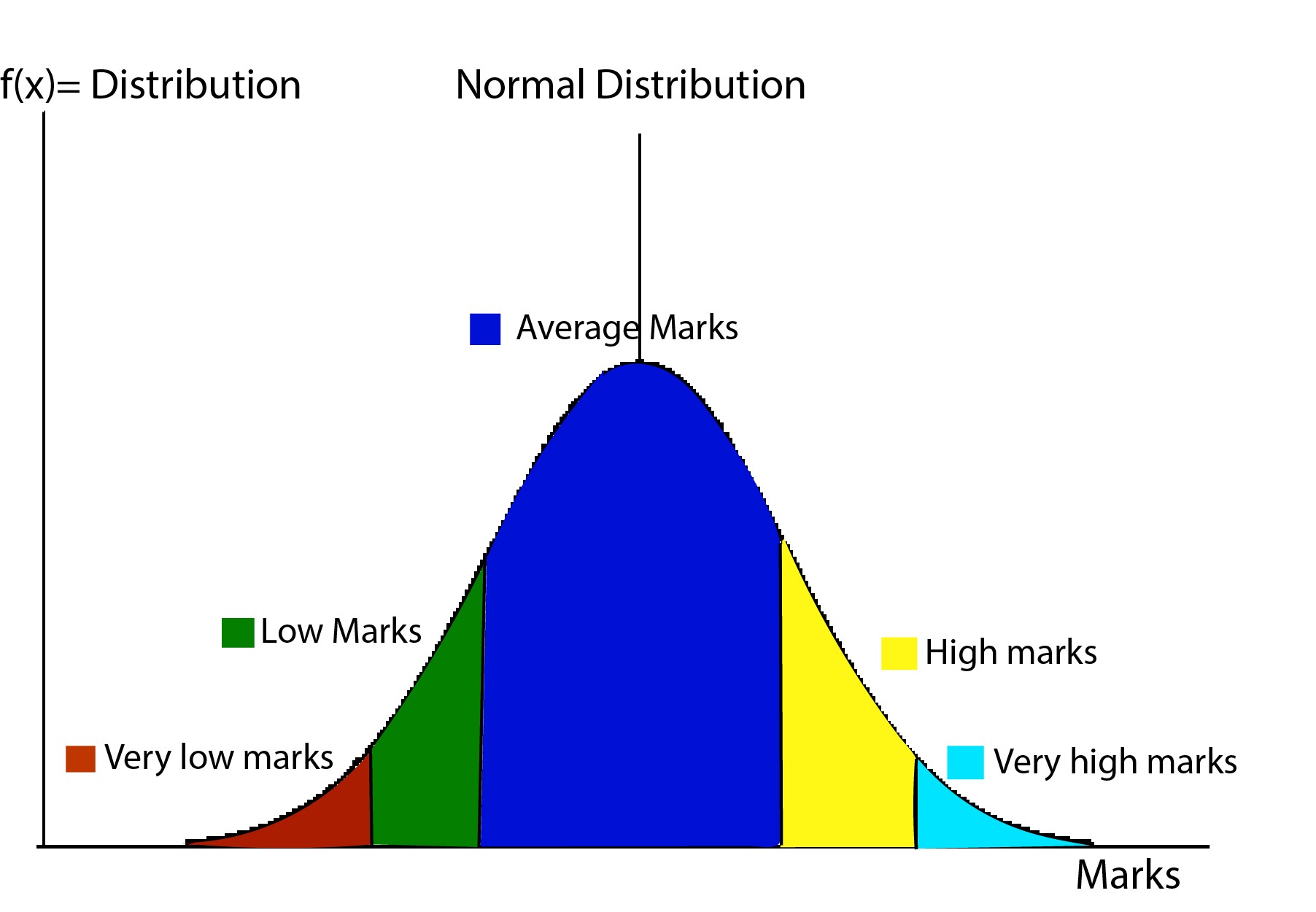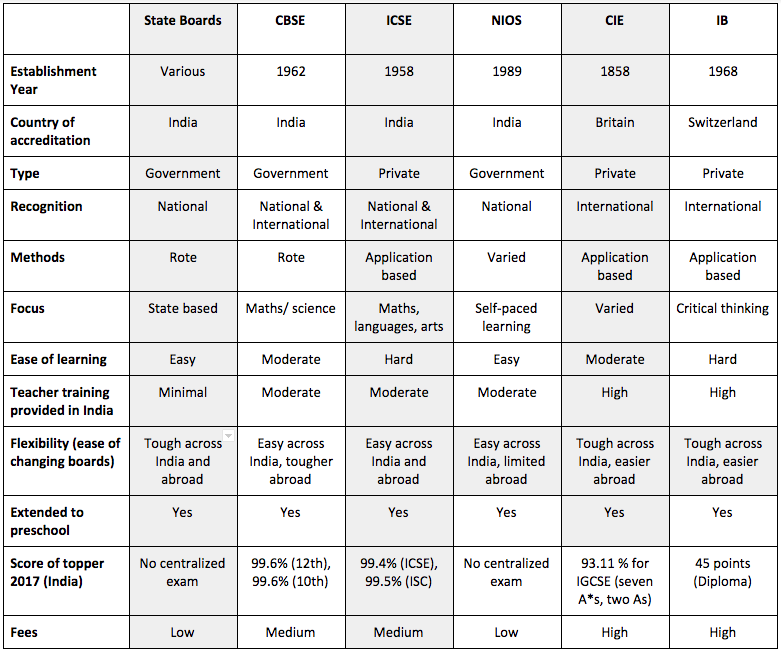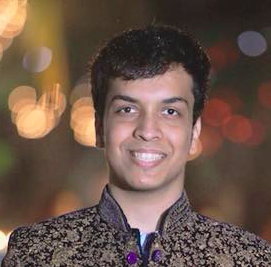Swiss Army Knives: Going Above and Beyond What You Think You’re Built For
We have plenty of examples of people who have gone through career switches. Allow us to pass the mic (or rather, the keyboard) to Anshul Tripathi, a third-year student at the University of Pennsylvania. Originally from Mumbai, Anshul spends his time on campus working as a teaching assistant, focused on helping his juniors find their footing in computer science or helping international students understand the nuances of American English. His academic and career journey is relatable and may even help you find your way. Every paradigm Anshul shares offers useful direction, especially his final piece of advice.
 Life is rife with dichotomous events, and yet again, I was faced with one. On one hand, the conversation with my father wasn’t easy. I stood in his office, marker in hand, trying to summarize on the whiteboard why his son – who had been sent to an Ivy League college to study engineering – would want to “distract himself” by also studying philosophy. On the other, I met professor Santosh Venkatesh, who taught me probability in college. Notwithstanding his mathematical proclivities, he was famous for his deeply philosophical axioms about life. In a similar conversational setting where we discussed my inhibitions in selecting majors, he left me with another of his axioms. And this one stuck for good. “Humans are like swiss army knives,” he said “meant to do many things with great proficiency. I decided to study math at the toss of a coin. If the coin had landed on the other face, I would probably be teaching you history today.” So, what am I supposed to do? Take risks with my education, or stick to what I know works modestly well?
Life is rife with dichotomous events, and yet again, I was faced with one. On one hand, the conversation with my father wasn’t easy. I stood in his office, marker in hand, trying to summarize on the whiteboard why his son – who had been sent to an Ivy League college to study engineering – would want to “distract himself” by also studying philosophy. On the other, I met professor Santosh Venkatesh, who taught me probability in college. Notwithstanding his mathematical proclivities, he was famous for his deeply philosophical axioms about life. In a similar conversational setting where we discussed my inhibitions in selecting majors, he left me with another of his axioms. And this one stuck for good. “Humans are like swiss army knives,” he said “meant to do many things with great proficiency. I decided to study math at the toss of a coin. If the coin had landed on the other face, I would probably be teaching you history today.” So, what am I supposed to do? Take risks with my education, or stick to what I know works modestly well?
The traditional route of exclusively studying engineering could only mean that the humanities were a superfluous field of inquiry with no immediate value, right? (Un)fortunately for me, my newfound love of philosophy was a little too jarring to be ignored, and a little too mysterious to just be left as such; an unopened Pandora’s box. I was thinking about things I didn’t even know I could question. Sounds abstract? You bet it was! Philosophy was a quest for truth in all shapes and sizes, attempting to be devoid of fallacious thinking and rife with scrutiny and debates, where no answer was wrong. An entire field built upon simply questioning truths we assume to be fundamental. The inner rebel in me loved it, and I decided that it would be intellectual blasphemy to not follow up on such a strong instinct. Never had I nerded out so hard!
Through this blog post, I hope to abstract out the reasoning behind why exploring new academic avenues, especially for someone who has been immersed in the Indian pedagogy for years, is a good idea for the new generation of learners.
Characterizing India’s educational status quo
Being educated in an ICSE curriculum up until 10th grade, and in a Maharashtra State Board school (which doubled down as an IIT coaching institution) up until the 12th, I’ve had the opportunity to get an inside look at the inner workings of this system. Throughout my 12-year trajectory a few key positives and negatives stood out in stark contrast with each other.
Catering to the mean
In any given classroom setting, there are students whose innate academic prowess far surpasses the average, as well as those who trail behind the average. To tailor a classroom to serve either end of this distribution of abilities would be unfair, as it would alienate the large majority of students. Over the years, the Indian education system has calibrated itself to provide quality education for the average student in a way that it is neither too difficult for those who survive, nor too easy for those who thrive. Through the institutionalization of “educational boards” such as ICSE, ISC, CBSE, and HSC, evolution and standardization of the education industry has been tremendous, allowing the Indian education system to become one of the most rigorous and universally consistent in the world, as opposed to a system in which each educational entity develops its own curriculum, and is therefore subject to scrutiny by a much smaller, local populace.

With great standardization, comes great inflexibility
An unfortunate consequence of these standardized boards has been inflexibility in the array of classes to choose from. In each grade from 1st to 12th, students are expected to take a predetermined set of subjects each year, regardless of their academic inclinations. Although this provides broad exposure through middle school, it can restrict a student’s growth in high school by mandating subjects they do not wish to pursue, discouraging introductory exposure to new subjects later in high school, and preventing deeper study in preferred subjects.
Excellence in isolation
Although the split amongst science, commerce and arts for the 11th and 12th does facilitate deeper exploration to some extent and in its own right is of top-notch quality, the underlying assumption that students must choose a single stream in exclusivity is a parochial constraint; for example, a science student may want nothing to do with chemistry but is required to take it, but loves economics and history and has no avenues to explore them.

A contrasting paradigm in higher education that emerges with more options
As exploration of vocations, careers and subjects cutting across academic disciplines gradually becomes easier at an undergraduate/graduate level, the outmoded nature of studying a narrow set of subjects becomes increasingly evident. In conversation with a career counsellor at the University of Pennsylvania, the estimate of students who change their majors is over 90%. Although this statistic sounded absurd to me at first, a quick look across my own set of friends made me realize that all but one everyone had changed their majors or picked up additional majors or minors.
A math major becomes swayed by the practicality and tangibility of economics and finance, without sacrificing their innate desire for mathematical rigor. An electrical engineer, pressured to take up his major by his parents, realizes that he was grossly misinformed about what pursuing EE in college would be like, and decides to hone his penchant for computer science instead. A political science major finds her passion for helping those in need and finds her calling in studying biology and healthcare management. A mechanical engineer finds interdisciplinary engineering more appealing, and becomes a systems engineer instead. Finally, a computer scientist who takes a philosophy class to simply knock off a requirement, gets swayed by the beauty behind the raw analytical nature of philosophy, and its overlap with computer science and math. During their course of life, adults change their careers several times when they realize that their passions lie elsewhere. It is only reasonable for students to be afforded the same luxury.
Increased awareness about career options
With the increased presence of multinational corporations (MNCs) in India, and their openness to hiring internationals, traditional career paths are out the window. Mathematicians and physicists, who once rarely deviated from the path of becoming researchers or academicians, now find high paying industry jobs as consultants, investment bankers and financial traders. History majors become management professionals, and ex-military soldiers enter academia. When you realize that over time your choice of study does not limit your career options, but instead – by virtue of today’s industry demand – only opens more doors by augmenting your perspectives, becoming more open to academic exploration and risk-taking becomes more appealing. Humans are innately like swiss army knives, meant to be proficient in a number of different skills. You can study what you want, without trading a sense of future financial security.
Utility of soft skills
Any professional would attest to the fact that although a good academic record may open doors for you, thriving in this new world requires an ability and willingness to learn new things, think critically and analytically, and communicate effectively. Missing out on honing these skills in an academic setting becomes a burdening opportunity cost that only reveals its effects when you enter the job market. Demonstrating a sense of emotional intelligence in the workplace allows you to become a better teammate, leader, negotiator and increases your value to your employer. The study of subjects like psychology, economics, and philosophy allows employees to contextualize their work with respect to their colleagues, their company and their industry.
It’s okay to take your time
There’s no hurry to put yourself through the ordeal of committing to a lifelong career path when you are still a student, with a 40-year career and at least 60 years of life in front of you. With the plethora of online courses, degrees and graduate programs tailored towards incorporating students who are brand new inductees into a particular field, the option to switch not only vocation, but profession becomes increasingly accessible.
Going into the second half of my college career, I can’t help but be flooded with questions about what I’ll be doing a decade into the future. The uncertainty of it all never ceases to be terrifying. So why did I really study philosophy? Because, despite not being confident about where my destination is, every day, it has helped me become more confident in my ability to find my way there and find meaning in what I do. This is what convinced my father. We are, after all, swiss army knives.
